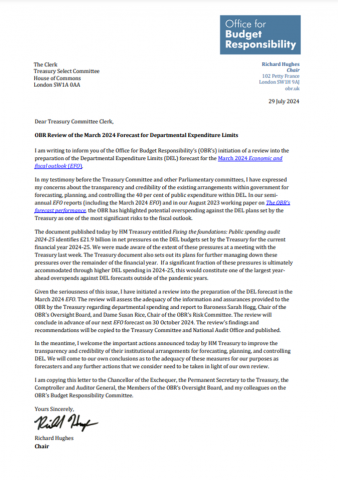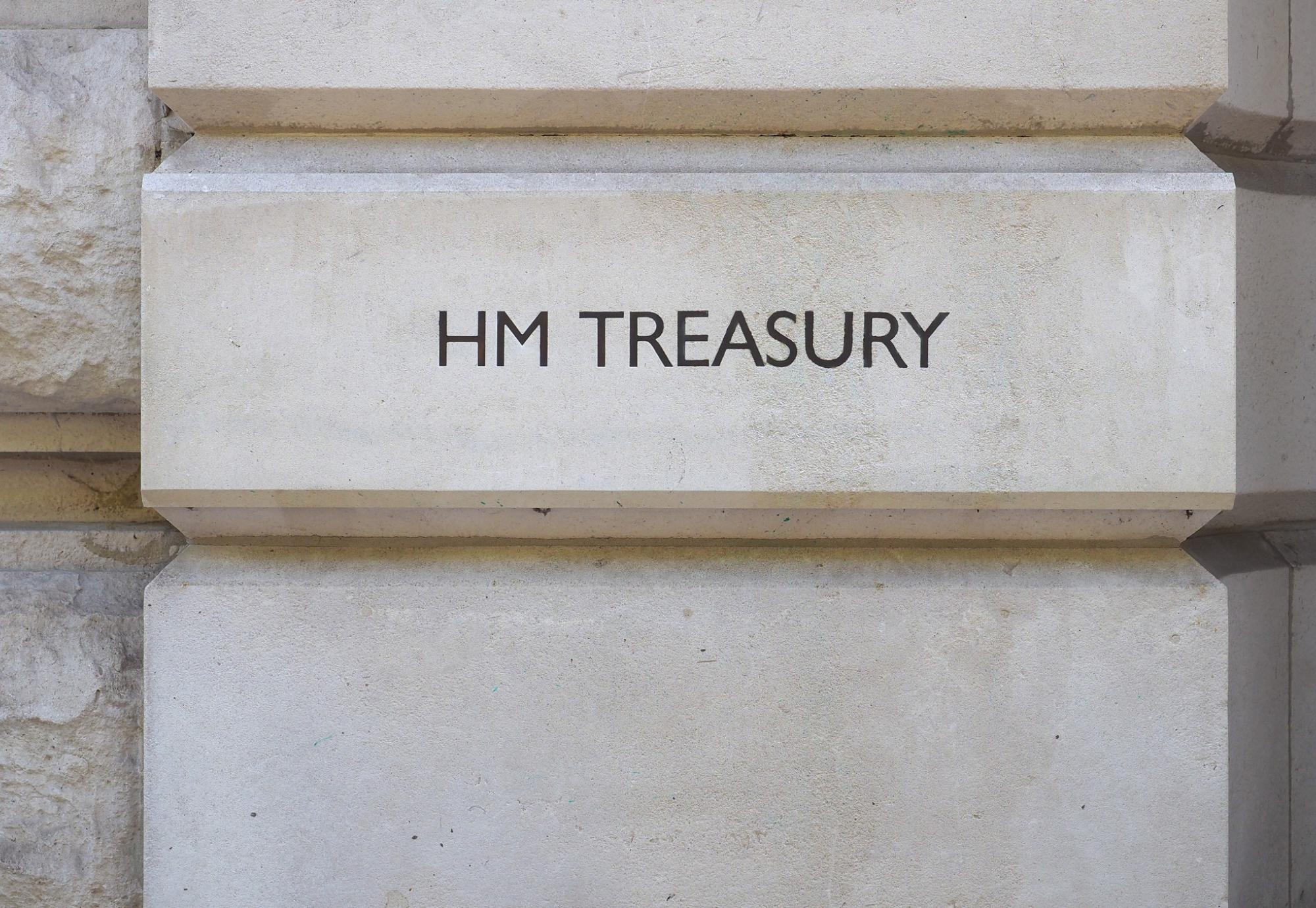Yesterday, Chancellor Rachel Reeves announced a raft of measures that will be taken to help the economy stabilise after the full extent of the new government’s public spending inheritance was discovered.
After uncovering £22 billion of unfunded commitments that the previous government had left behind, a number of projects are to be cancelled or reviewed. These include the controversial ‘Rwanda Scheme’, the Advanced British Standard, and the New Hospitals Programme.
In order to stabilise the economy, the Chancellor confirmed to the House of Commons exactly what action she would be taking, with the aim of finding £5.5 billion of savings this year, to be followed by £8.1 billion next year.
The first action that was announced by the Chancellor was the decision to not proceed with the previous government’s plans to reform adult social care charging. The reforms would have seen a cap introduced on the money that councils are putting into adult social care, however, there has recently been a call for the government to delay these reforms. Rather than delay them, it seems like the government is scrapping them altogether for now, which has the potential to secure savings of more than £1 billion in the next year, rising to over £4 billion of savings by 2029/30.
A further £1.5 billion saving has been identified in the way that the government allocates its Winter Fuel Payments. Rather than being on offer to all over state pension age, the funding will ow be targeted at just those that are receiving Pension Credit, Universal Credit, Income Support, Jobseeker’s Allowance, and Employment and Support Allowance. Alongside this, the government will work with charities and local authorities to ensure that people are more aware of the support that they can receive, ensuring that nobody who is entitled to Pension Credit, or other support, is missing out and being left to fend for themselves in the colder months.
Alongside those long-term savings, the Chancellor has been able to make a number of immediate savings. The previous government’s controversial migration partnership with Rwanda has been immediately scrapped, leading to £800 million of savings this year and £1.4 billion in the next, whilst scrapping the Investment Opportunity Fund- and other smaller projects that were not delivered - will bring £70 million of savings. Former Prime Minister Rishi Sunak’s Advanced British Standard will also be cancelled to bring in £185 million next year.
The New Hospital Programme, which promised to deliver 40 new hospitals but never really got off the ground, is also to be reviewed.
Not all of the Chancellor’s announcements brought news of cancellations and penny-pinching, however. It was confirmed that public sector workers would benefit from pay uplifts of around 5.5% - as per the recommendations of the independent Pay Review Body.
It was also confirmed that multi-year spending reviews would be put in place for both central and local government, with them to be set every two years to cover a period of three-years. This will support further certainty and stability when it comes to public finances, and will ensure that the government is no longer left with a ‘black hole’ such as the one that was confirmed yesterday.
In response to the Chancellor’s confirmation that the next spending review will be held on the 30th October this year, the Local Government Association’s Economy and Resources Board Chair, Cllr Pete Marland, said:
“This spending review will be critical to the future of our local services with councils facing a funding gap of more than £6 billion over the next two years.
“Councils hold the key to unleashing the full potential of local communities, tackling our national challenges, relieving pressure on the Exchequer and helping the government achieve its ambitions. This can only happen if councils have the right powers, sufficient and sustainable funding that reflects current and future demand, certainty and multi-year settlements and less bud-based funding pots. Right now, councils are being pushed to the brink with rising adult social care costs, children’s placements and temporary accommodation…
“The spending review should provide greater certainty over financial reforms and we urge the government to set up a review to explore options to improve the local government finance system.”
Echoing this sentiment, London Councils welcomed the news of the spending review, whilst also making the case for further action being taken by the government to stabilise local government finances. This covers additional funding, fairer funding, further certainty, and improved financial autonomy.
Commenting on the announcement, Chair of London Councils Cllr Claire Holland said:
“We welcome this spending review as an opportunity to bring desperately needed stability to town hall budgets and strengthen our role as drivers of local growth.
“Turning the tide on the council finance crisis is crucial for tackling so many of the UK’s most pressing challenges. Whether boosting housebuilding, making faster progress on net zero targets, or arranging social care support that keeps people out of hospital, councils and the services we provide for residents and businesses are essential.”
A final, crucial point in the Chancellor’s speech focused around how the previous government had not been transparent with herself or the Office for Budget Responsibility, which was why the OBR’s forecasts from March this year did not outline the true extent of the funding gap. Whilst former – and now Shadow – Chancellor Jeremy Hunt did protest against this, the Chair of the Office for Budget Responsibility, Richard Hughes, has written to the Treasure Committee Clerk to confirm that it is initiating an investigation.

In this report, Hughes said that “I have expressed my concerns about the transparency and credibility of the existing arrangements within government for forecasting, planning, and controlling the 40 per cent of public expenditure within DEL.”
He continued: “I have initiated a review into the preparation of the DEL forecast in the March 224 EFO. The review will assess the adequacy of the information and assurance provided to the OBR by the Treasury regarding departmental spending and report to Baroness Sarah Hogg, Chair of the OBR’s Oversight Board, and Dame Susan Rice, Chair of the OBR’s Risk Committee.”
Image credit: iStock and the Office for Budget Responsibility
Video credit: Parliament TV



















